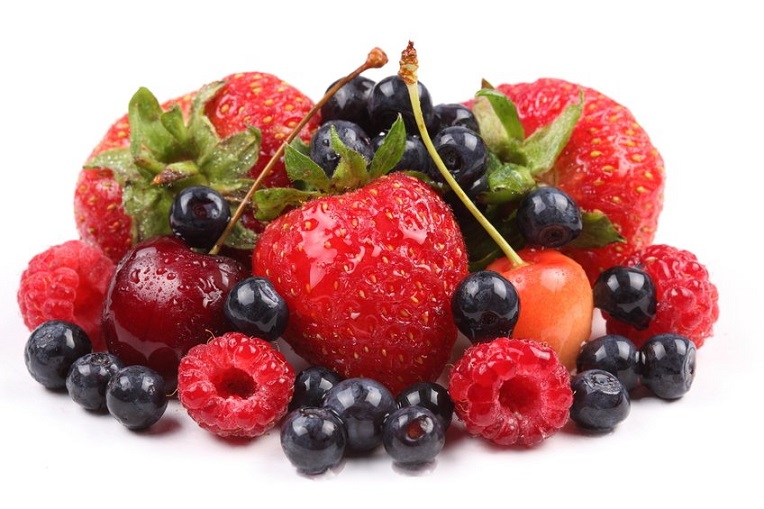Science has confirmed some of them in the past and will confirm the rest in the future. If science has not confirmed it yet, it needs to examine its data more deeply, or maybe repeat the experiment, rather than question the authenticity of the Quran. The practical advice we have stemmed from three main sources; Allah (s.w.t.) through the Qur’an, the hadith, and advice from modern-day health authorities.
Let’s examine the dietary measures suggested by the following sources:
- “And the meat of fowls of what they like.” (Quran 56:21)
- In the Quran, Allah (s.w.t.) has recommended us to “eat what is lawful and good in the Earth.” (Quran 2:168).
- “Searching through the Quran further, we can identify what foods are beneficial; these include honey.” (Quran16: 68-69),
- “Eat and drink and do not commit excesses; indeed He does not love those who are excessive.” (Quran 7:31)
- “He created cattle for you, wherein is warmth and many gains, and you eat thereof.” (Quran 16:5, 22:28).
- “It is Who made the sea of service that you might eat fresh (fish) meat from it.” (Quran 16:14, 35:12).
Fasting is both an obligatory and recommended dietary practice within Islam (2:183), which may carry physical benefit especially in overweight individuals [4, 5]. There is evidence of weight loss, reduced blood sugar and cholesterol levels in those completing a month of controlled fasting [4, 6].
vegetables such as corn and herbs (55:12, 80:27-32) and fruits such as olives, dates, grapes, pomegranates (6: 99,141), and bananas. (Quran 56: 28-33).
Additionally, the improved self-control, self-restraint, and discipline gleaned enable us to avoid foods in the long term that predispose us to obesity and cardiovascular diseases. Moreover, this self-restraint and resolve are transferable qualities that permeate into other aspects of our life, enabling us to instigate changes to perfect our character and elevate ourselves spiritually.
“For you, there is in the cattle a lesson; We give you to drink what is in their bellies from betwixt the chime and the blood pure milk, easy and palatable for those who drink it.” (Quran16:66).
The Quran is not a book of medicine or of health sciences, but in it, there are hints which lead to guidelines in health and diseases. Prophet Mohammed (peace and blessings be upon him) has been sent as an example to mankind so his traditions in matters of health and personal hygiene are also a guide for his followers.
“Everything good that happens to you (O Man) is from God, everything bad that happens to you is from your own actions”. (Quran 4:79).
Therefore, pathology (disease) is defined by the famous pathologist William Boyd as physiology (natural state) gone wrong. It is our tampering with the natural process that leads to unnatural outcomes. The human body can be compared to some degree with a machine created by man. The fascinating tape recorder has many mechanical and electronic parts but life does not come to it till an electrical current is passed through.
